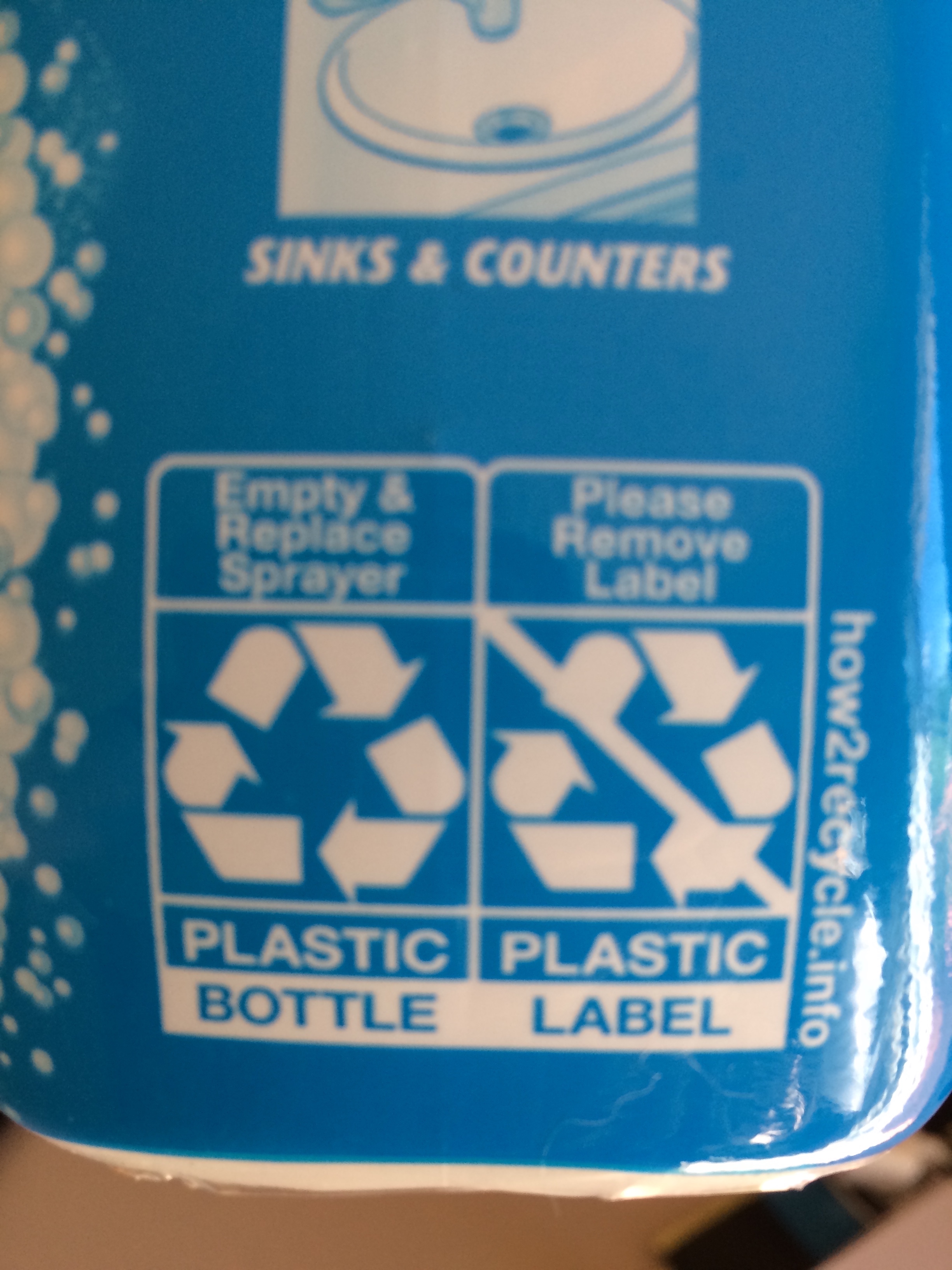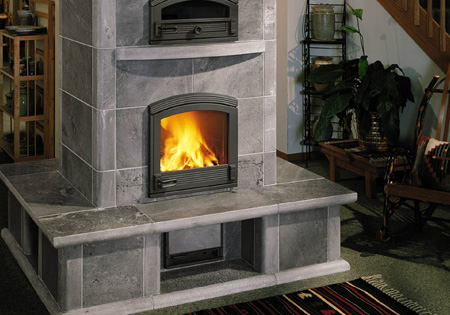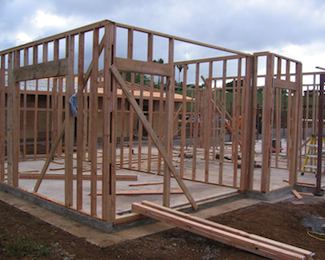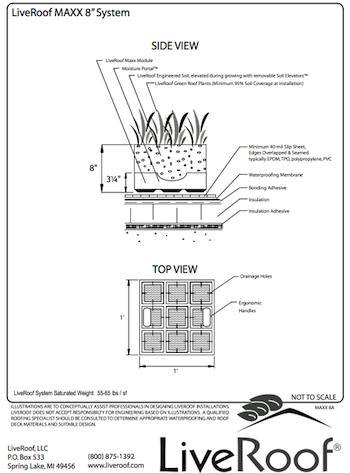Energy Tax Credit for Insulation
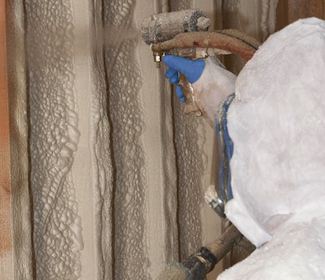
Energy Tax Credit - CertainTeed Spray Foam Insulation
Renovating an existing home to be more energy efficient is an important step in reducing your environmental footprint, and save quite a bit of money at the same time. While long term energy savings will typically cover the cost of your renovations, the up-front costs of these upgrades often puts them out of the range of many people.
The federal government has in the past offered generous tax credits to lessen the financial blow of efficiency upgrades. 2011 is no exception, but unfortunately the tax credits offered are considerably lower than previous years.
Still, a smaller tax credit is better than no tax credit at all, and they can still help offset some of the up-front costs of these renovations.
2011 Federal Tax Credit for Insulation One of the areas eligible for the 2011 energy tax credit is insulation. Many older homes, even those just a decade or two old, are insufficiently insulated. Poor insulation can lead to sky-high energy costs to keep the home comfortably cool in the summer or warm in the winter months.
Adding new insulation to an existing home can make an amazing difference in the amount of energy used in the home. Heating and cooling systems are one of the main users of energy in the home, and reducing the amount of work they have to do to keep the home at a comfortable temperature year round means a large reduction in energy usage, and cost.
Now, the main question is: how much is the tax credit? The 2011 tax credit for insulation is 10% of the total cost, up to $500.
Requirements to Qualify for the 2011 Energy Tax Credit for Insulation
To ensure that your new insulation qualifies for the 2011 tax credit, make sure it meets these requirements put forth in the tax law:
- The tax credit is for 2011 only, and only for an existing primary residence.
- The insulation material (or system) must be "specifically and primarily designed to reduce the heat loss or gain of your home." The primary purpose must be to insulate the home.
- The insulation material must meet the 2009 International Energy Conservation Code (IECC) & Amendments. http://reca-codes.org/pages/iecc2009.html
- The tax credit does not include labor or installation costs. It covers only the cost of the insulation material itself.
How to Claim the 2011 Energy Tax Credit for Insulation
To claim the insulation tax credit, you need to fill out an additional tax form (IRS Form 5695) available at the IRS website.
On the 1040 tax form, the residential tax credit (from Form 5695) is claimed on line 52.
Save the receipts (or copies of them) as well as the Manufacturer Certification Statement from the product for your records. A reputable contractor should be willing to assist you with obtaining the required certification statement and helping you navigate the tax credit paperwork. And, of course, your income tax preparer should also be able to assist you with any tax questions you may have regarding the energy tax credits for 2011.
Important Considerations
As any American tax payer knows all too well, there are always lots of rules when it comes to the tax code. Here are a few important things to remember about the 2011 Energy Tax Credits:
- The credits are nonrefundable; they are only available to the extent you have a tax liability.
- Tax credits may only be claimed once, and are limited to the year in which the qualifying product is purchased. If you have already claimed a home energy improvement tax credit on your 2010 taxes, you may not take an additional credit for the SAME purchase on your 2011 taxes.
- There is a $500 lifetime limit on the federal tax credits that expire in December 2011. If you have received a total of $500 or more in these tax credits from 2006 to 2010, you will not be eligible for any more.
Reducing the environmental impact of your existing home is the right thing to do; it will result in lower energy costs and increase your home's value. The energy savings will eventually pay for the initial costs of the renovations; taking advantage of all available tax credits and other rebates and incentives available will make that financial payoff come a little bit quicker.
comments powered by Disqus
